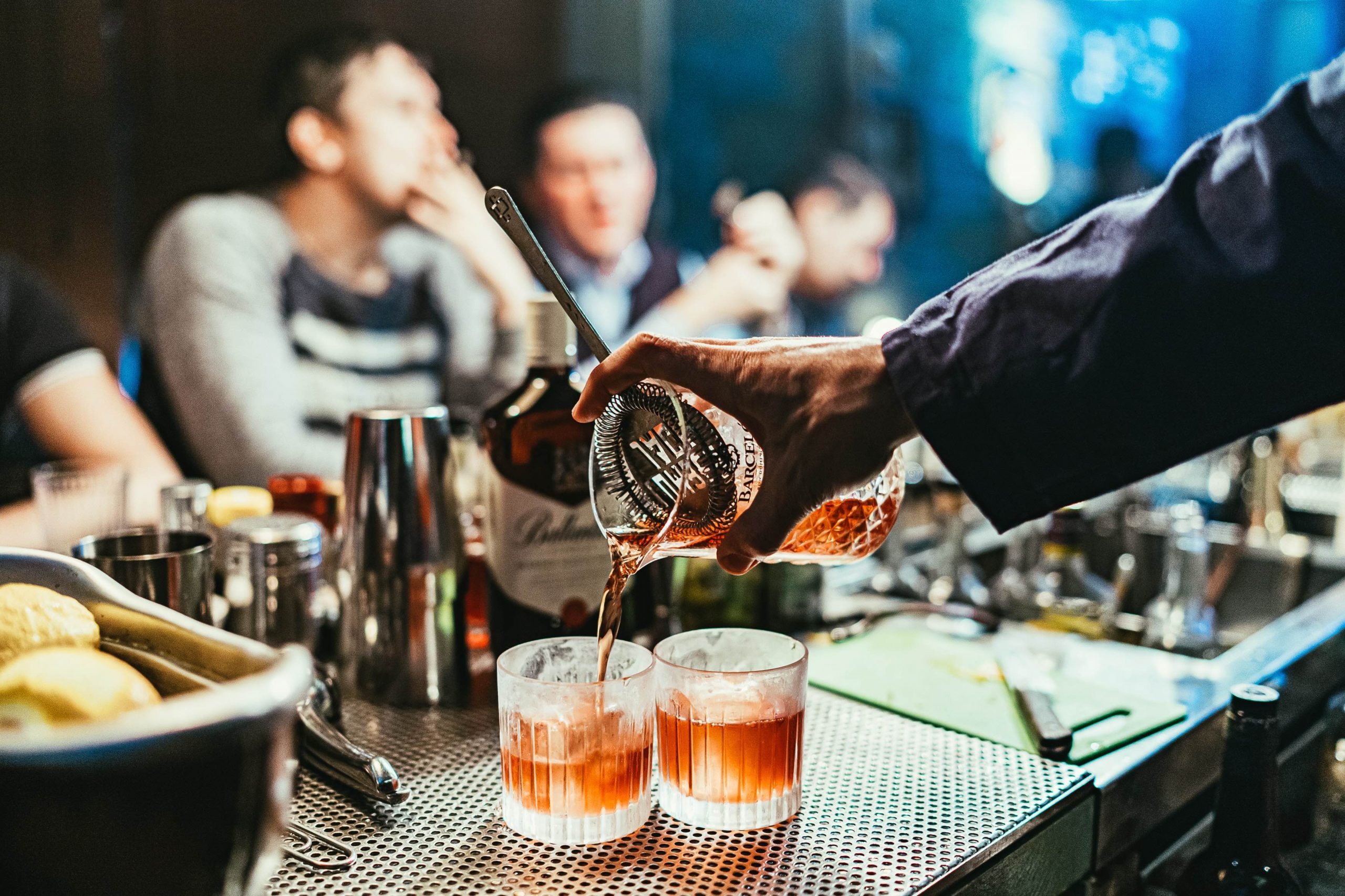
“People like to masturbate.” As first sentences go, this one certainly snares your attention. It’s not the only remarkable thing about Edward Slingerland’s new book Drunk: How We Sipped, Danced and Stumbled our Way to Civilization (£25, Little Brown, Spark). Nor is the author some ill-informed polemicist looking to generate a few headlines. Slingerland is Professor of Philosophy at the University of British Columbia.
In some ways, Drunk is a defence of alcohol and intoxication, a counter-blast to what Slingerland calls “cheery New Age ascetics and dour neo-Prohibitionists”. He doesn’t shy away from the negative aspects of our favourite drug – what he calls the “dark side of Dionysus – but his aim is to place booze in its historical context. Our relationship with alcohol goes back 13,000 years. Indeed, citing what he calls the “beer before bread” hypothesis, Slingerland argues that the early hunter-gatherers were drinkers before they were farmers. Alcohol preceded agriculture.
Why did our ancestors drink? And, for that matter, why do we still consume something that is potentially dangerous and even lethal? The pleasure of getting high, or “mentally altered” is part of the answer, but there are other reasons too. In the rights dose, alcohol makes us more sociable and creative. It also alleviates stress, builds trust and, as Slingerland puts it, “pulls off the miracle of getting fiercely tribal primates to cooperate with strangers”.
The book is aimed at a general audience, albeit one that’s fascinated by a cuvée of history, neuroscience, archaeology, literature, sociology, anthropology and psychology. For anyone interested in booze – and if you’re reading this column I assume that you are – it’s a work that makes you think about your own rapport with alcohol.
It certainly made me think about mine. I’d never really considered what we might call the creative side of drinking. Slingerland argues that by targeting the pre-frontal cortex – the “centre of cognitive control” – alcohol frees us to think laterally. More controversially, he argues that human civilisation wouldn’t have developed as it has without it. And that in societies where there was no alcohol, people found other drugs to perform the same liberating task. Alcohol provides calories, albeit with little nutritional value, and can be used as a disinfectant, but it’s main attributes are pleasure and that loosening of control. Dionysus challenges Apollo for our attention.
Fascinated by his book, I caught up with Slingerland to record a podcast with him. At the end of the interview I asked him if researching and writing Drunk had changed his relationship with booze. He admitted that it had. He’s warier of drinking alone – the glass of wine after work that turns into a bottle – and he thinks more about what and how much he consumes. And, more importantly perhaps, with whom.
I do too. Those of us who work in and around alcohol may smile at Dylan Thomas’ definition of an alcoholic as “someone you don’t like who…



